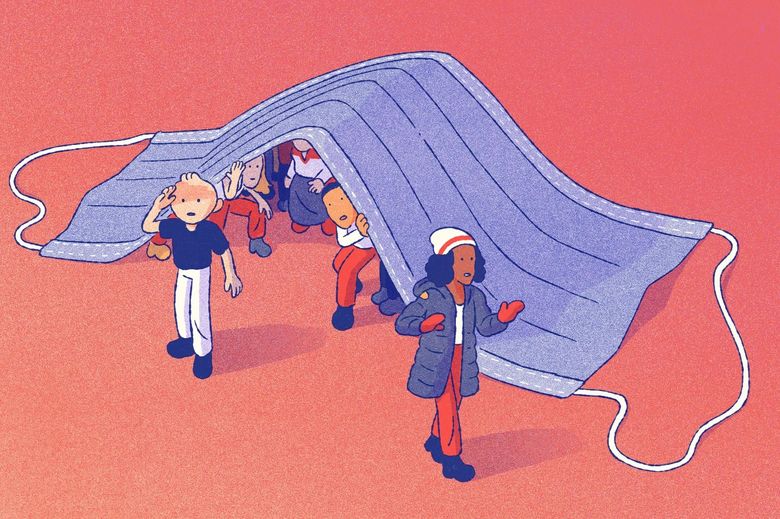DALLAS — UT Southwestern researchers have created a rapid COVID-19 test that can identify different variants of the coronavirus in as little as four hours.
The researchers hope doctors can use their test, called CoVarScan, to tailor COVID-19 treatments to patients based on which variant the patients have. CoVarScan could also be used to track which variants are cropping up in different communities, and even identify new ones.
“It was such a pleasure and, really, an honor to be able to take this skill set, what we have, and build something that has public health utility,” said Andrew Clark, an assistant professor of pathology at UT Southwestern and an author of the study.
The research was published in the journal Clinical Chemistry this May.
Scanning for a specific variant of the SARS-CoV-2 virus is a bit different from a typical rapid test.
Dr. Jeff SoRelle, an assistant professor of pathology at UT Southwestern, said a normal rapid COVID-19 test is a bit like going into a library and asking if they have a specific book. You get a “yes” or “no” answer as to whether that book is there or not.
Looking for variants is like reading specific paragraphs in two similar books to figure out whether the books are in their second or third edition. Between editions, words may be added, deleted or changed altogether.
Finding out which edition of SARS-CoV-2 someone has is usually done by a process called “whole genome sequencing,” where scientists look at the entire viral sequence — or, read the entire book — to figure out where the differences are.
That process can be expensive and take one to four weeks to produce results.
CoVarScan works by looking at just eight regions, or hot spots, of the SARS-CoV-2 genetic sequence instead. Each variant looks a little bit different at these hot spots. SoRelle’s team can analyze each of the regions to identify a unique pattern of mutation that’s specific to each variant. They’ve also used CoVarScan to identify different subvariants of omicron.
“They create unique signatures, or fingerprints, of mutations,” SoRelle said. “We can really tell the difference between each of them.”
To make sure CoVarScan was getting it right, SoRelle and his team ran just under 4,000 samples from positive COVID-19 nasal swabs through the test. They checked CoVarScan’s results against results from whole genome sequencing.
SoRelle and his team found that CoVarScan was highly effective at identifying variants correctly.
What makes CoVarScan unique is its ability to not only detect existing variants, but also detect new variants that have yet to develop.
SoRelle and his team began this research in January 2021, before the delta and omicron variants existed. Once SoRelle and his team know the genetic sequence of a new variant, CoVarScan can look for the variant’s unique fingerprint of mutations along with the existing ones.
“We wouldn’t necessarily need to change what we do in the testing,” SoRelle said. “Just change what we’re looking for.”
Padmapriya Banada is a research assistant professor at Rutgers University who was not involved with the study. She says CoVarScan’s ability to detect future variants as well as current ones is critically important.
Banada said one challenge in making CoVarScan more widespread is that it identifies hot spots using scientific equipment every lab might not have. She says more work will be necessary to implement CoVarScan at places like schools or doctors’ offices that might not have such technical equipment on hand.
“It does need some technical expertise,” Banada said. “But considering what it offers, it probably overcomes those limitations.”
CoVarScan is already provided to anyone who tests positive for COVID-19 at UT Southwestern Medical Center, and SoRelle is working with Dallas County to see if CoVarScan can help hospitals track what variants are most common in their area.
SoRelle has a patent filed for the work and is also developing CoVarScan for commercial use.
He and Clark hope CoVarScan can help hospitals design the best COVID-19 treatments for their patients, both for variants like omicron that we hear about often, and ones that we have yet to encounter.
____
Adithi Ramakrishnan is a science reporting fellow at The Dallas Morning News. Her fellowship is supported by the University of Texas at Dallas. The News makes all editorial decisions.
____
Stay connected with us on social media platform for instant update click here to join our Twitter, & Facebook
We are now on Telegram. Click here to join our channel (@TechiUpdate) and stay updated with the latest Technology headlines.
For all the latest Covid-19 News Click Here

